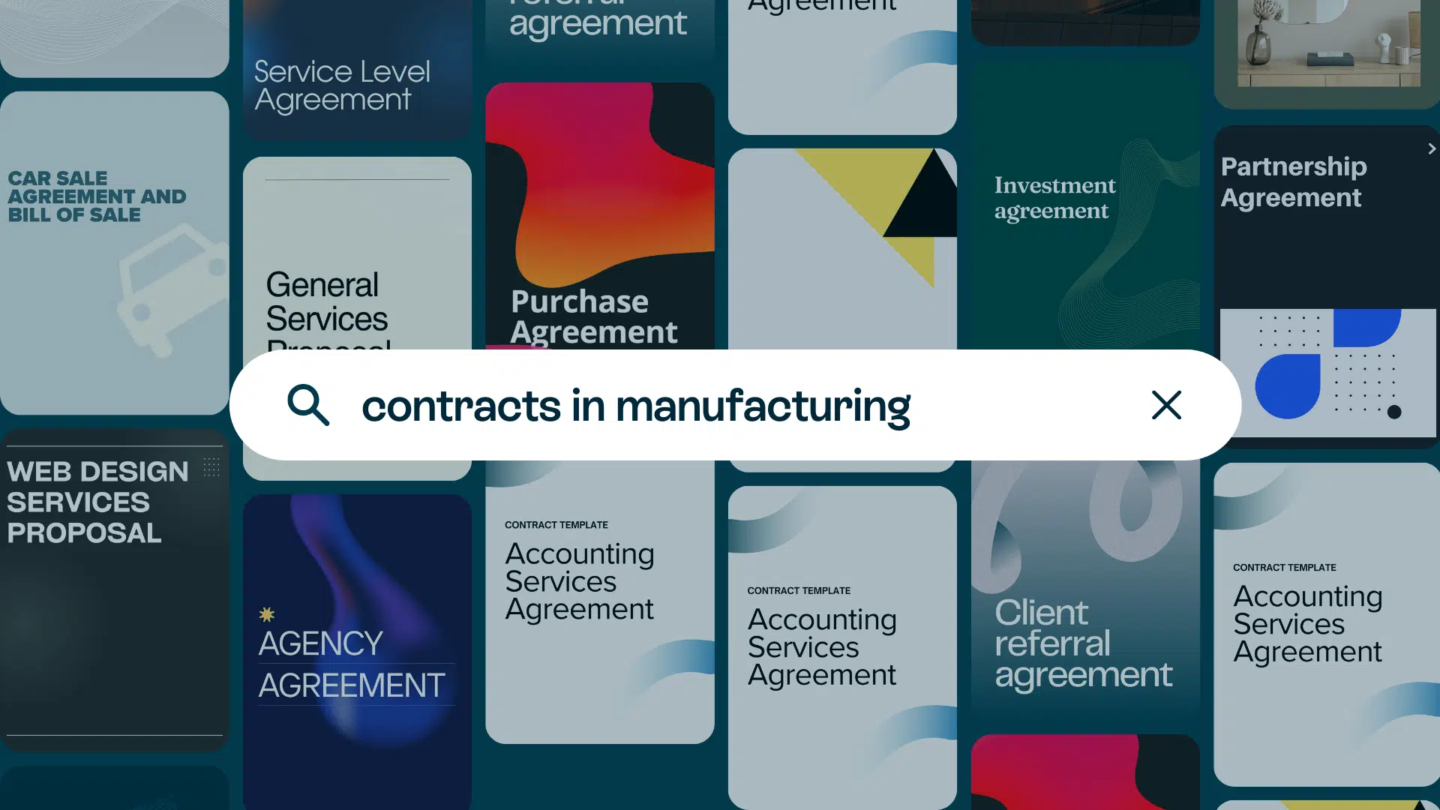In today’s dynamic and fiercely competitive business landscape, mastering the art of sales process automation is no longer optional but rather imperative. The ability to automate various facets of the sales process not only saves time but also amplifies overall efficiency, streamlines operations, and empowers sales teams to achieve exceptional results. In this extensive article, we will delve into the top 10 strategies for automating the sales process, providing your sales team with the tools and techniques needed to maximise productivity, increase revenue, and drive sustainable business growth.
So, let’s dive in!
1. Embrace the power of CRM software
The foundation of effective sales automation begins with the implementation of a robust Customer Relationship Management (CRM) system. A CRM system centralises customer data, tracks interactions, and offers valuable insights, enabling your sales team to personalise their approach, anticipate customer needs, and close deals more efficiently. Automating the sales process begins with efficient data management.
2. Harness lead scoring for efficiency
Streamline your efforts by implementing lead scoring systems. Lead scoring ranks leads based on their likelihood to convert, allowing your sales team to prioritise high-value prospects, thus boosting efficiency and conversion rates. Automating the sales process through lead scoring ensures that your sales efforts are focused where they matter most.
3. Leverage the potential of email marketing automation
Integrate email marketing tools into your strategy to automate the sales process effectively. Automation tools enable you to send highly targeted and personalised emails to prospects at the right time, nurturing leads and guiding them through the sales funnel. Automating the sales process with email marketing guarantees consistent communication and follow-ups, increasing the likelihood of closing deals.
Read also: Flow through the sales cycle

4. Master automated follow-up sequences
Create automated follow-up sequences to propel your sales team forward. Through marketing automation software, you can design customised sequences that automatically send messages, reminders, and information to leads, ensuring their engagement and awareness during the sales process. This not only enhances efficiency but also keeps prospects warm throughout their journey.
5. Integrate chatbots and AI assistants
Elevate customer interactions by introducing chatbots and AI-powered assistants on your website. These virtual agents can gather preliminary information, schedule appointments, and even recommend products or services, significantly enhancing the overall customer experience and automating the sales process further. Chatbots are available 24/7, ensuring that no opportunity is missed.
6. Unlock insights with sales analytics and reporting
Automate the sales process by utilising analytics and reporting tools. These solutions provide invaluable insights into your sales pipeline, pinpoint bottlenecks, track performance, and facilitate data-driven decisions to continuously optimise the sales process. Automation of data analysis saves time and ensures you make informed decisions promptly.
Read also: 10 best practises of using CRMs

7. Effortless sales proposal generation
Simplify proposal creation with automated proposal generation tools. These resources empower your sales team to produce professional proposals swiftly, customise them for each prospect, and automate follow-ups to enhance deal closure rates. Automated proposal generation reduces manual effort and increases consistency.
8. Embrace e-signature solutions
Incorporate e-signature solutions into your workflow to automate the sales process further. E-signatures eliminate the need for physical paperwork, enabling electronic signing of contracts and agreements, streamlining the sales cycle, and reducing manual paperwork. This not only accelerates the sales process but also enhances convenience for customers.
9. Deliver automated sales training
Equip your sales team with automated training resources. By utilising e-learning platforms and content management systems, you can consistently deliver up-to-date training materials to your team, ensuring they remain well-prepared to engage with customers effectively. Automation of training ensures that your team is always up-to-date with the latest industry trends and product knowledge.
Read also: Why you should integrate your software?

10. Optimise with sales forecasting
Automate the sales process by using sales forecasting tools. These solutions analyse historical data and current trends to predict future sales performance, aiding in resource allocation and the establishment of achievable sales targets. Automation of forecasting reduces the margin of error and helps in efficient resource allocation.
Having explored these 10 effective ways to automate the sales process, it is essential to reiterate the profound impact of such automation on modern businesses. Automating the sales process is not just about efficiency; it leads to higher conversion rates, increased revenue, and superior customer satisfaction. In an era where digital transformation is imperative, businesses that fail to automate the sales process risk falling behind their competitors.
By embracing automation in the sales process, companies can deliver a highly personalised experience to their customers. This approach enables sales teams to concentrate on building relationships, understanding customer needs, and providing tailored solutions. Consequently, customer loyalty and retention rates skyrocket, contributing to long-term business success.
Moreover, automating the sales process significantly mitigates the risk of human error. Manual data entry and repetitive tasks are breeding grounds for mistakes and oversights that can tarnish your business’s reputation and profitability. Automation guarantees the consistency and accuracy of every sales process step, ultimately elevating the customer experience.
The key takeaways
Automating the sales process is an indispensable requirement for businesses aiming to thrive in today’s competitive landscape. From CRM software, lead scoring, and email marketing automation to chatbots, sales analytics, forecasting, sales enablement tools, and AI-powered predictive analytics, there is a vast array of tools and strategies available to streamline your sales process, enhance efficiency, and drive outstanding results. Importantly, remember that automating the sales process is not a one-time effort; it demands continual monitoring and optimisation to stay ahead of the curve and meet the ever-evolving expectations of your customers. Thus, take action today to automate the sales process and pave the way for your business’s sustained success!







